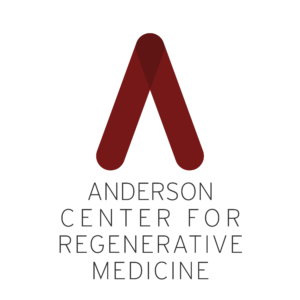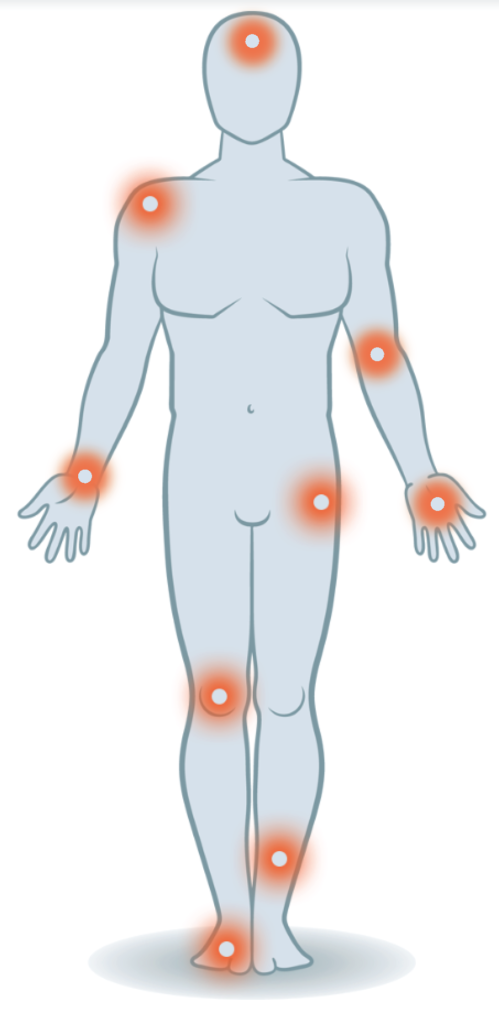
What We Treat
Shoulder
If you are suffering from shoulder pain, such as arthritis or a rotator cuff injury, our treatments can help you avoid the need for surgery.
Knee pain
Knee pain is very common and can include arthritis, meniscus and ligament injuries. Regenerative medicine can successfully eliminate or delay the need for knee replacement surgery.
Plantar fasciitis
Plantar fasciitis causes severe pain on the bottom of the heel. Regenerative medicine can reverse this stubborn condition and bring lasting relief.
Achilles tendonitis
Small tears in the tendon can take a very long time to heal, and it can be frustrating. Regenerative medicine can significantly decrease recovery time.
Neuromas
This painful nerve condition occurs in the ball of the foot. Regenerative treatments are a viable non-surgical option and sometimes can be used with surgery.
Hip bursitis
This painful condition is associated with a tendon and bursa by the hip joint. Regenerative therapies can restore pain-free function to this major joint in the body.
Ankle pain
Regenerative treatment is a great alternative to ankle fusion or ankle replacement surgeries, with less risk and shorter recovery times.
Arthritis
Arthritis that occurs halfway between the ball of the foot and heel, or in the big toe joint (commonly referred to as Hallux Limitus), can be successfully treated with regenerative medicine.
Tendon tears
Tendons on the inside and outside of the ankle help to provide stability, and can become painful from tears or tendonitis. Regenerative medicine can help.
Neuropathy and RLS
Depending on the location of the symptoms, certain nerves associated with neuropathy and RLS can be treated with regenerative medicine.
Regenerative Medicine For The Whole Body
Under the direction of Medical Director, Dr. Jake Johnston, MD
Regenerative medicine is a very exciting, advanced treatment option that we have offered at Anderson Podiatry Center for more than eight years. It is a very popular treatment option among our patients because it can reduce or eliminate the need for surgery. Regenerative treatments are also very safe, with little to no downtime when compared to surgical options, and have lasting results.
As podiatrists, we have been using this technology to treat conditions below the knee, and have seen significant success. We are excited to have integrated our practice and now, under the direction of Medical Director, Jake Johnston, we are providing these treatment options to those also suffering from knee pain, shoulder pain and hip bursitis. We have also recently added regenerative medicine as a treatment option for the nerve disorders we treat, including neuropathy and Restless Leg Syndrome (RLS).
How Does Regenerative Medicine Work?
The treatment stimulates your own body at a cellular level to regenerate damaged joints or tissues, eliminating pain. As we get older, our joints, soft tissues and tendons will begin to degenerate.
With our regenerative medicine options, we can actually recreate (regenerate) tissues and thus reverse this degenerative process. Our patients are then able to get back to the activities they enjoy such as walking, hiking, running and gardening quickly without the downtime or invasive procedures often associated with surgical interventions.



